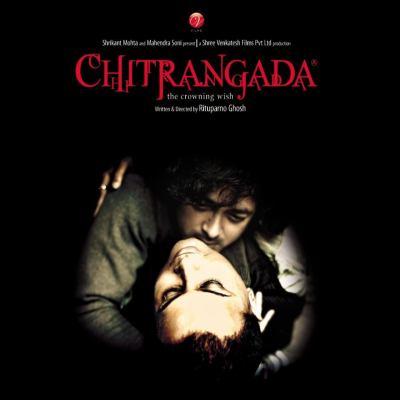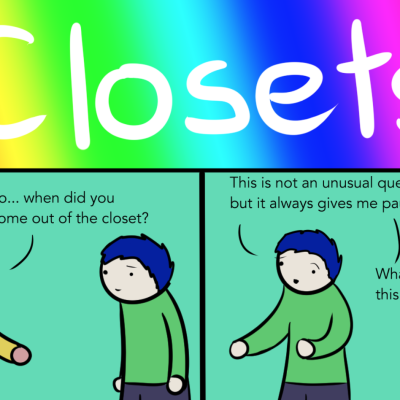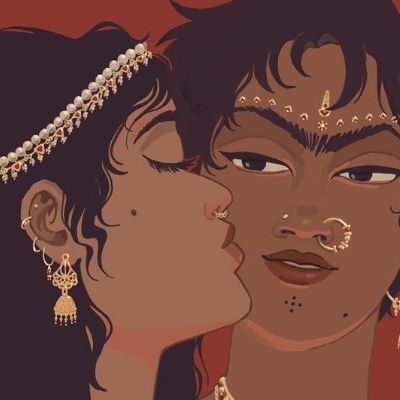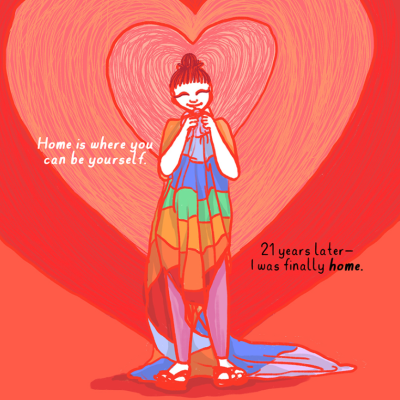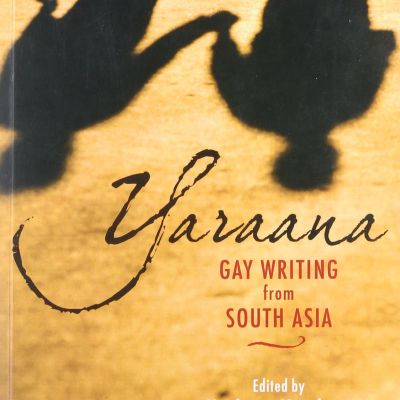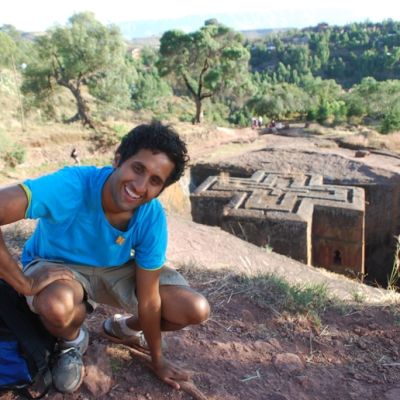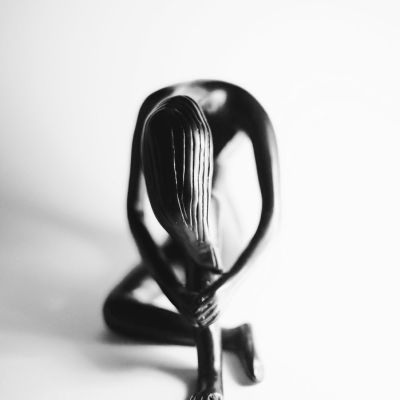Queer
I believe that queer friendships and intimacies are sheer resistance, which not only swallow the despair and pain that might be perpetrated on gender-nonconforming people by their families, but also recognise all the lies about love that have been sold to us.
When I finally came out to myself at age 16 and made it to a free queer youth space, I couldn’t wait to be accepted among folks who didn’t play by society’s heterosexist rules of masculine and feminine as polar opposites.
The lovers enact many recognizable hetero-normative romantic tropes – the wronged petulant woman pacified via kisses and caresses, the woman too tired for sex who then tries to placate the sulking male lover.
1. A Certain Type of Life since the age of 16 I idealised a certain type of life involving certain…
Robot Hugs, in their insightful comic, take on closets as inherently oppressive structures built to uphold what is acceptable and…
By Orinam Apr 13 2020 Post comment To the reader: we recognize that the English-language content below may not be…
LGBTIQA+ young people should feel safe and empowered in everyday physical spaces, and many do – often with support from a wider community of peers who share similar experiences. But until the world becomes more friendly for queer and gender diverse people, we expect they’ll continue to find safety, community, identity, and friendship on Tumblr.
Being a woman who loves other women, I realised that women look at me with the same tender gaze I look at them with. And that, more than anything, has made me feel at peace with my body. I hope to one day love it
For a lot of queer people, ‘home’ can hold complicated meanings. The space of one’s home can be fraught with bigotry and alienation, and be far from safe or comforting. And so, there is a quest to find alternate ‘homes’, to find a space where we feel truly accepted, safe and protected.
Through our discomfort, shame, and often stubborn refusal to rise above heteronormativity, we unpacked a lot of these negative emotions by critically analysing texts that were neither the Kamasutra nor discourses such as Foucault’s on sexuality.
All these works have made me acutely aware of how gender, sexuality, and religion, are so deeply intertwined in the social fabric. Also, how conditioning can significantly influence one’s understanding of literature, or the lack of it.
Kiran Bhat is an author and polyglot who speaks 12 languages, and has written in English, Kannada, Spanish, Portuguese, and Mandarin. His recently published book, We Of the Forsaken World, has been described as “the tales of not just sixteen strangers, but many different lives, who live on this planet, at every second, everywhere”.
Ritambhara Mehta is with Nazariya, a Delhi-based queer feminist resource group. Nazariya works on issues of gender and sexuality with a focus on issues of queer women and trans* persons.
Pleasure, in the context of the private, defines the parlance of sexual satisfaction. As a womxn, the private is also the public: how I present and play with my gender, is a way of seeking validation of who I am.
Queer cafés are not exempt from the fast changing landscape of Indian metropolitan areas and offer both inclusion as well as exclusion from the promise of a queer utopia.



